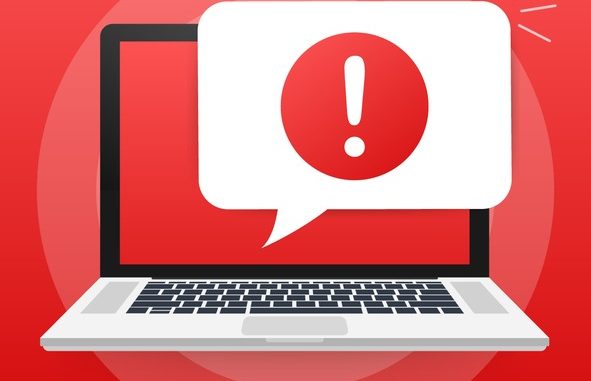
Do you feel constantly overwhelmed by the never-ending pile of messages in your inbox? You’re not the only one! But for every problem there’s a solution, and we might just have yours here…
CREDIT: This is an edited version of an article that originally appeared on Happiful
The average office worker receives more than 120 emails per day – there are probably unwanted memos and meeting requests coming your way right now! You can try to look away, but it’s just so tempting.
In fact, a YouGov survey found that 60% of people check their work inboxes while on holiday — even though 80% would prefer to ‘completely switch off’ while away.
Research by the University of British Columbia has shown that a break could be good for us, revealing that people experienced ‘significantly lower daily stress’ when their email access was restricted to three times a day, compared to unlimited use. But why does email make us so anxious in the first place?
Problem: You’re aiming for zero
Solution: Learn to prioritise
Do you insist on clearing out your inbox every single day? The problem here is that there’s no finish line, because as soon as you look away, the messages start piling up again. The glory of an empty inbox may be thrilling but, ultimately, it’s short-lived.
Instead, make a list of the top five people who deserve your attention, and commit to responding to them within 24 hours. Go one step further by using three folders labelled ‘Today’, ‘End of week’ and ‘End of month’ to help prioritise which emails need to be dealt with first. The rest can wait.
Problem: You love rewards
Solution: Find them elsewhere
In her book, Unsubscribe: How to Kill Email Anxiety, Avoid Distractions and Get Real Work Done, Jocelyn K Glei cites a 1930s experiment – albeit with rats instead of humans – which shows how addictive the random rewards’ system can be. Similar to rats pressing a lever to receive food, we hit that refresh button in the hopes of seeing a new email. Most of the time it’s boring junk mail, but every now and again there’s an exciting job prospect or event invitation.
According to Jocelyn, it’s these random rewards that make us want to ‘push the lever again and again and again, even when we have better things to do’. Replace this reward-seeking behaviour with a daily to-do list, or monthly goal tracker. Keep your goals in sight (literally on a noticeboard in front of you) and work towards a guaranteed reward, such as an early lunch break, walk in the park, or beauty treatment. Every time you find yourself knee-deep in pointless correspondence, bring yourself back to those goals.
Problem: You always assume the worst
Solution: Take a step back
Instead of allowing email to control your mood, don’t visit your inbox until you’re emotionally ready. When do you feel most calm? Maybe it’s after lunch, or once you’ve exercised. Identify this part of the day and respond to emails during this time.
Without body language or tone of voice to pick up on, the written word can often be misconstrued. Psychotherapist Annie Cassidy, who works at private clinic Esher Groves, has some advice on this. “With email, there’s always this sense that it’s going to be bad news, and that can be really overwhelming for people. They can become obsessed, and check emails all the time.”
She suggests allowing a cooling off period before responding, taking time and space to reflect on the context of the email.
Problem: You feel obliged to respond
Solution: Set boundaries
If you receive an email outside of normal office hours, should you respond right away? Not necessarily. According to Annie, you’ve got to be the one to set your own boundaries so that people don’t get the wrong idea. “You need to identify what you can tolerate, and when those boundaries can be stretched; the onus is on you to monitor your own boundaries.”
Make a rule that you won’t respond to work emails after hours, and delete the email app on your phone at the weekend. Even better, ask for a designated work ‘phone that you can switch off after 5pm. Consider adding your working hours to the footer of every email to get the message across. Oh, and those random emails from someone you’ve never met, asking for a favour? Get comfortable with ignoring them completely.
Problem: It sucks all your time
Solution: Communicate more efficiently
Set a timer and work through your inbox for an hour each day, then call it quits. Minimise the ‘email tennis’ which can go on for weeks at a time by picking up the ‘phone, arranging a Skype call, or simply walking over to your colleague’s desk to move things forward. You’ll be surprised at how quickly things progress when you have a face-to-face conversation instead of a lengthy email thread.
Don’t forget to follow us on Twitter, like us on Facebook, or connect with us on LinkedIn!

Be the first to comment